With age comes some great perks: senior discounts. Across the state there are some great…
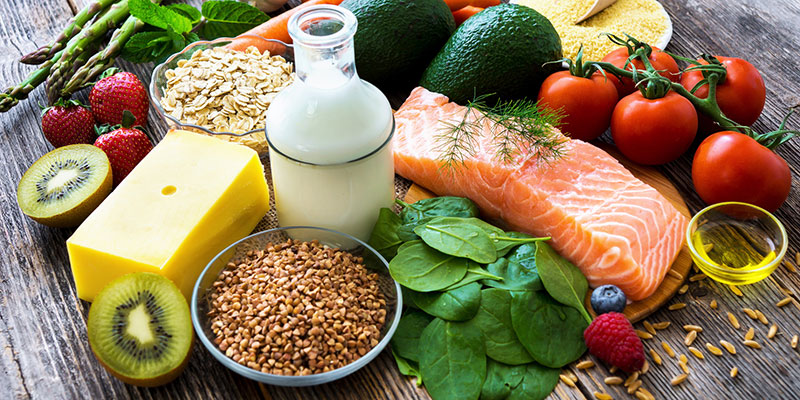
8 Foods Everyone Over 50 Needs to Eat

Eating healthy is important at all stages of life, but it is even more crucial once you are over 50. By making sure you are getting key nutrients in your diet you can help prevent serious illness and disease. Here are eight foods that everyone over the age of 50 should eat to improve their health.
Beans
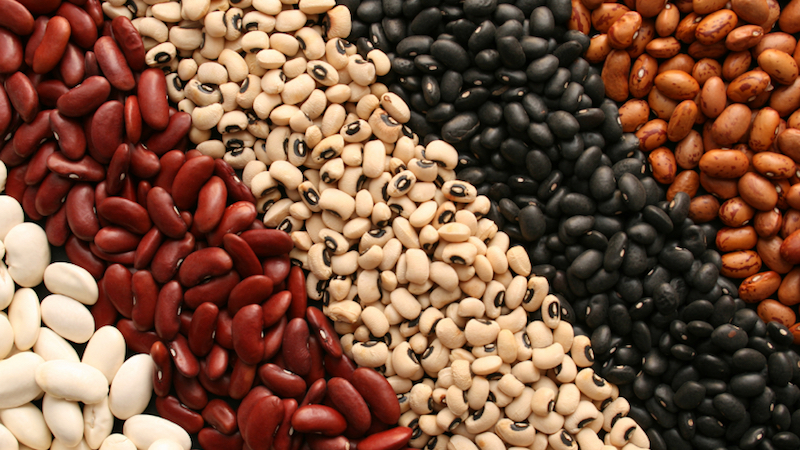
Navy beans, garbanzo beans, lentils, kidney beans, black beans: they are all rich in antioxidants, B vitamins, protein, calcium, potassium, iron, magnesium and fiber. Eating a variety of beans has been linked to improved heart health, low blood sugar, a lower risk of developing cancer, stronger muscles and improved brain function. Beans pack a major nutritional punch that can help those over 50 stay healthy for longer.
HOW TO EAT: Beans are a great tossed with a salad, mashed up and eaten with rice, cooked in a low-sodium soup or smashed into a hamburger patty.
Beets
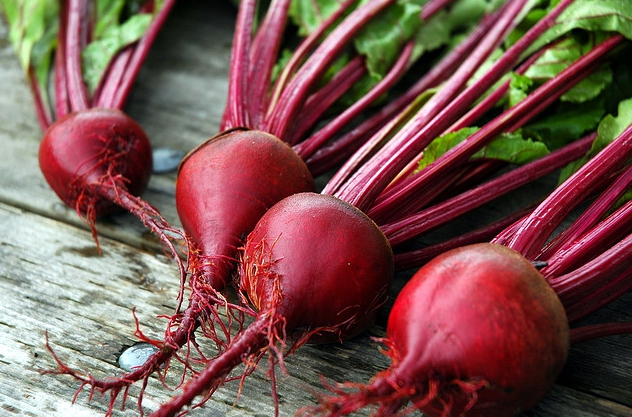
This root vegetable is a great source of vitamins and minerals. Beets are full of nitrates that can increase blood flow to the brain, which can help to combat dementia. Those nitrates can also lower blood pressure and the fiber in beets can improve cholesterol, making the vegetable a great way to help improve heart health.
HOW TO EAT: You can cut one up and put it on a salad, drink it as juice, roast it with other veggies or eat it on its own. If the flavor is too bitter for you, you can blend it into a smoothie to help mask the taste.
Sardines
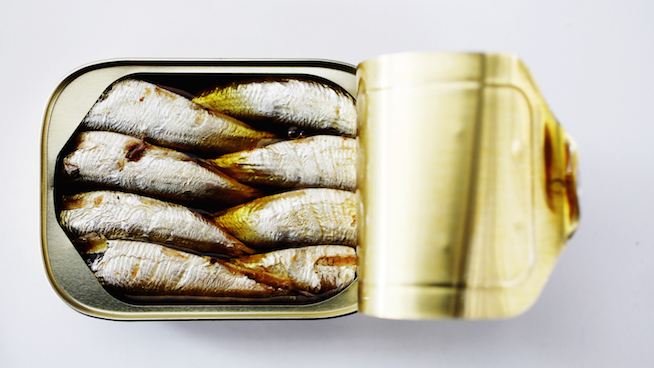
Chances are you either really like these little fish or you can’t stand them. However, giving sardines a chance could actually be great for you if you are over the age of 50. They have 20 grams of protein on average in one serving and are full of great vitamins like B12, Omega-3 and phosphorus. These vitamins can improve memory, reduce stress, fight inflammation and promote healthy skin and bones.
HOW TO EAT: Eat them on their own straight out of a can, add them to a salad or eat with crackers & cheese. If you’re not keen on the fishy flavor of sardines you can chop them up and put them into a pasta sauce to help hide the taste.
Turmeric
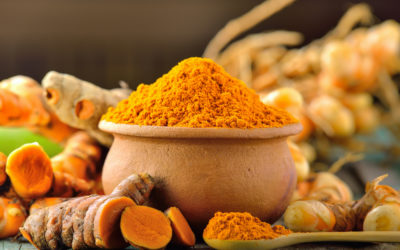
This spice is the ingredient that gives curry its yellow color, but a little-known fact is that is can improve memory and mood in adults over 50; those who have mild memory loss can benefit a ton from the healthy-brain-function qualities of this spice. Turmeric is packed full of antioxidants that can improve liver function, lower cholesterol and help protect against Alzheimer’s disease.
HOW TO EAT: Because Turmeric is a spice, so you can add it to anything you would add herbs or spices to. Sprinkle some on your eggs in the morning, toss it on roasted veggies, incorporate it into soups or pasta sauces. It adds a punch of flavor that is packed full of important nutrients.
Avocado
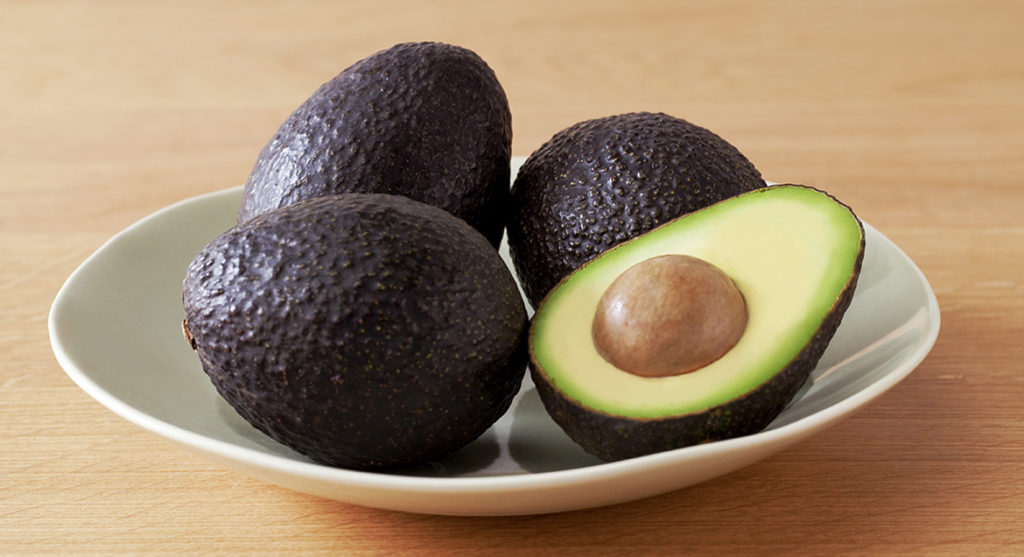
Avocado’s are big with the younger crowd because of their flavor and nutrients, but the older crowd should enjoy this fruit too! They are filled with healthy fats that can help lower cholesterol and antioxidants that help fight disease. These nutrients can help lower blood sugar and blood pressure as well.
HOW TO EAT: Slice it up and add it to a sandwich or salad, smash it on a piece of toast or add it to a smoothie. Another great way to eat avocado is to make it into guacamole and dip carrots or celery into it.
Sauerkraut
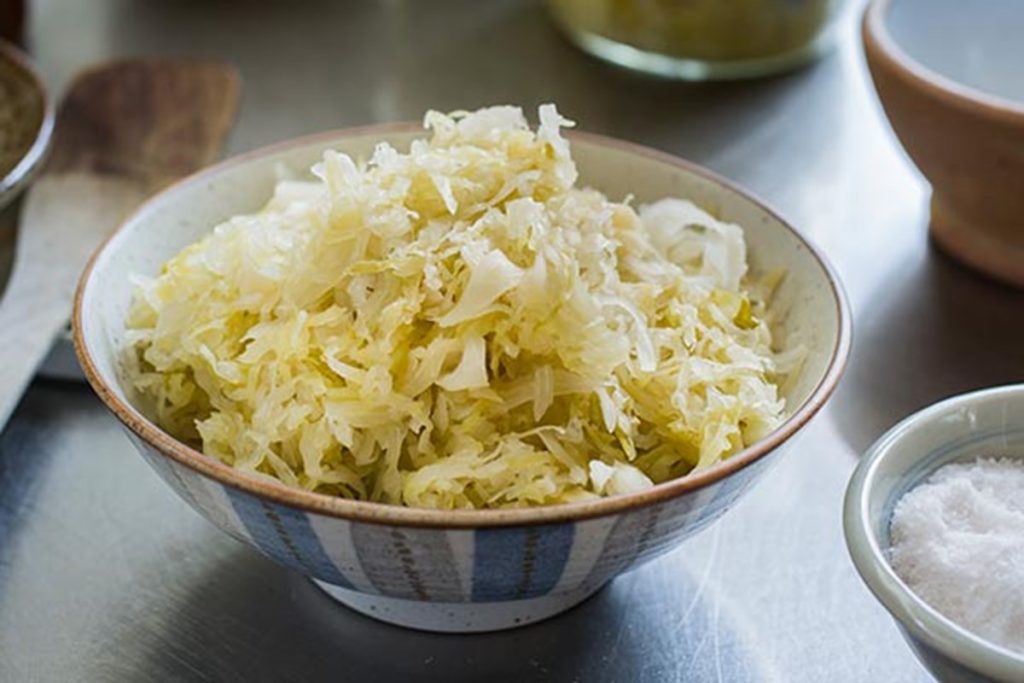
A German delicacy that promotes great health benefits. Sauerkraut is full of probiotics, and increasing your intake of probiotics can lead to improved digestion because of all the good bacteria they leave in your intestines. Make sure to eat it unpasteurized though because that will have the most probiotics in it.
HOW TO EAT: Sauerkraut can be added to anything! Put it on a sandwich, add it to an omelet, you can even eat it on its own. Just be mindful of the high sodium levels it can have, rinsing it off first can help get rid of some of that extra salt.
Kale
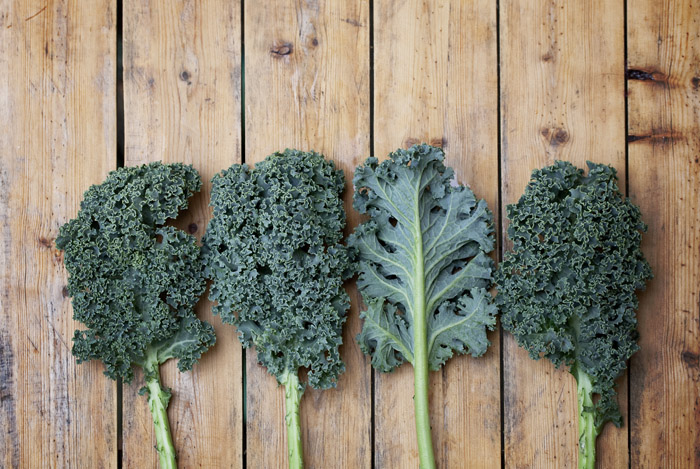
Leafy greens are great for your immune system, but Kale offers even more nutritional benefits. It is one of the most nutrient dense foods on the plant; a single serving is packed with vitamin A, K, C, B6, calcium, copper, potassium and magnesium. These vitamins can boost your immune system, and also give you healthy skin, help maintain strong bones, prevent blood clots and protect against cancer.
HOW TO EAT: Kale is like any other leafy green, so you can add it to sandwiches, salads, smoothies. A fun way to eat this vegetable is to bake it into chips for a crunchy, healthy snack.
Dairy
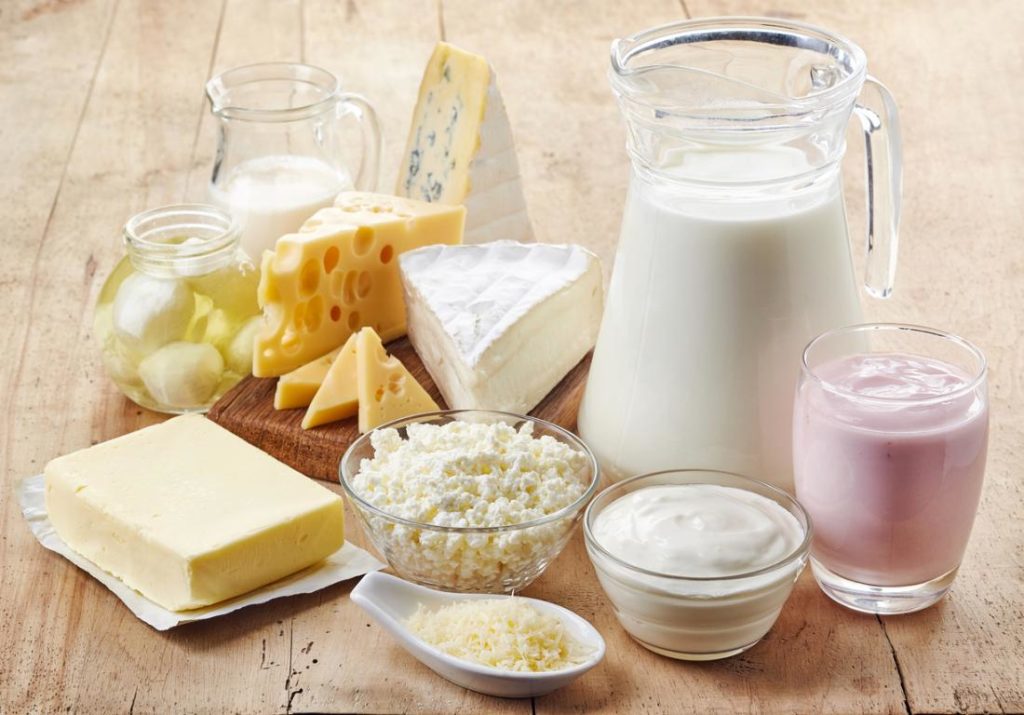
People think eating full-fat dairy is bad for you, but it has great health benefits. Full-fat dairy can give you high levels of calcium needed for bone health and, in a 2016 study published by Harvard, people who ate more full-fat dairy had a 50 percent lower risk of developing type-two diabetes than those who didn’t. Dairy can also help keep you full and curb hunger so you don’t eat bad-carbohydrates like breads and pastas.
HOW TO EAT: You can add whole milk to your coffee, eat yogurt in the mornings or have cheese as an afternoon snack. Make sure to only have one serving of full-fat dairy a day because it is higher in calories.
